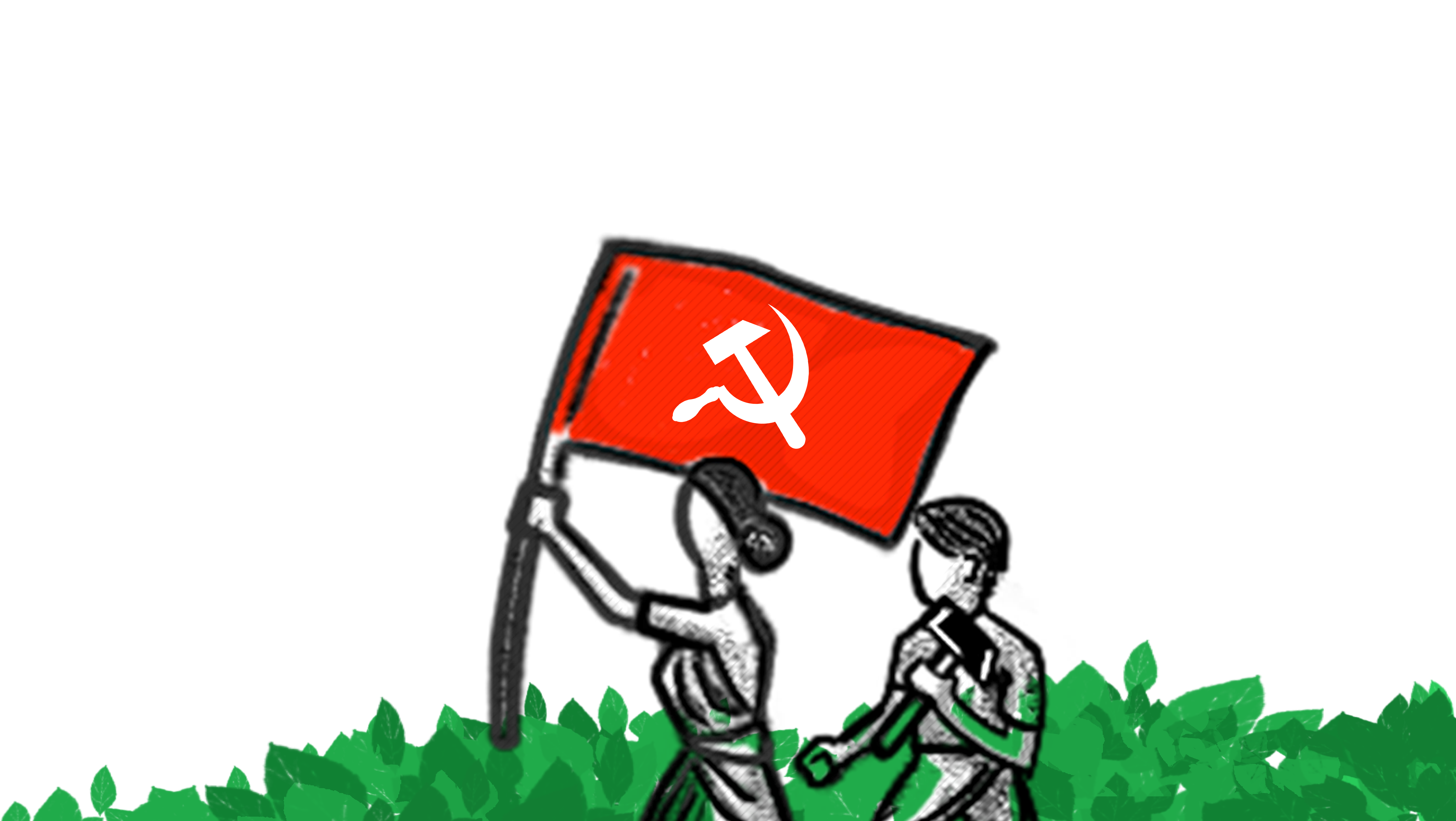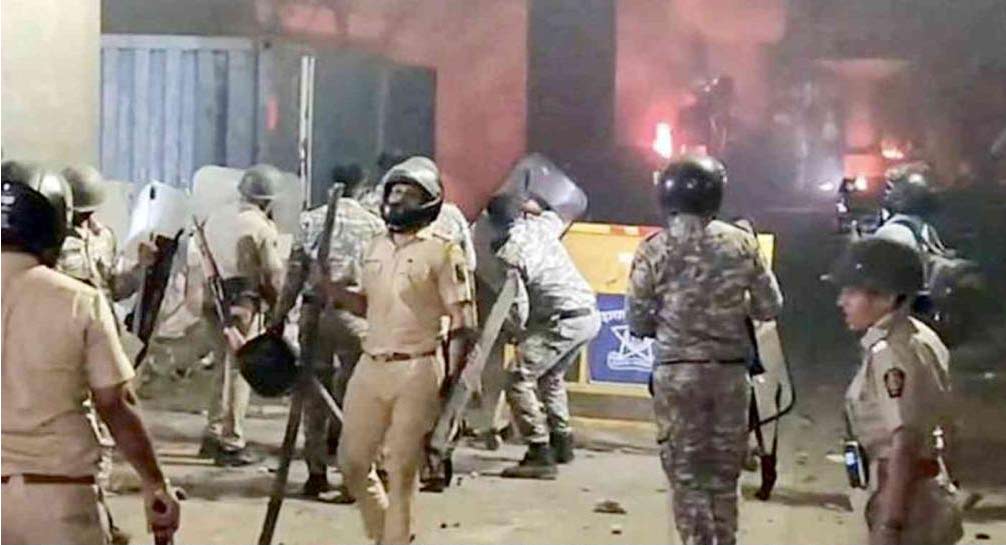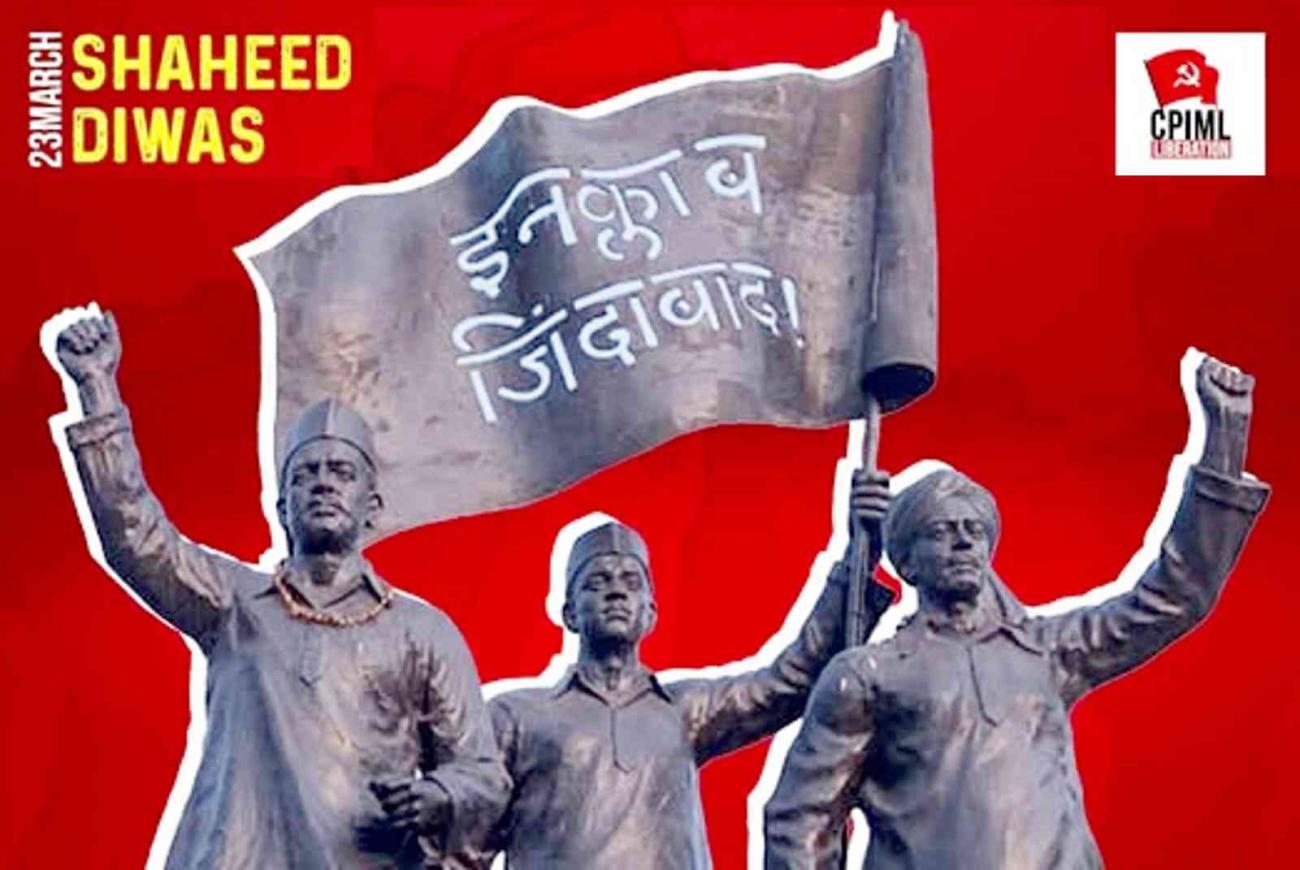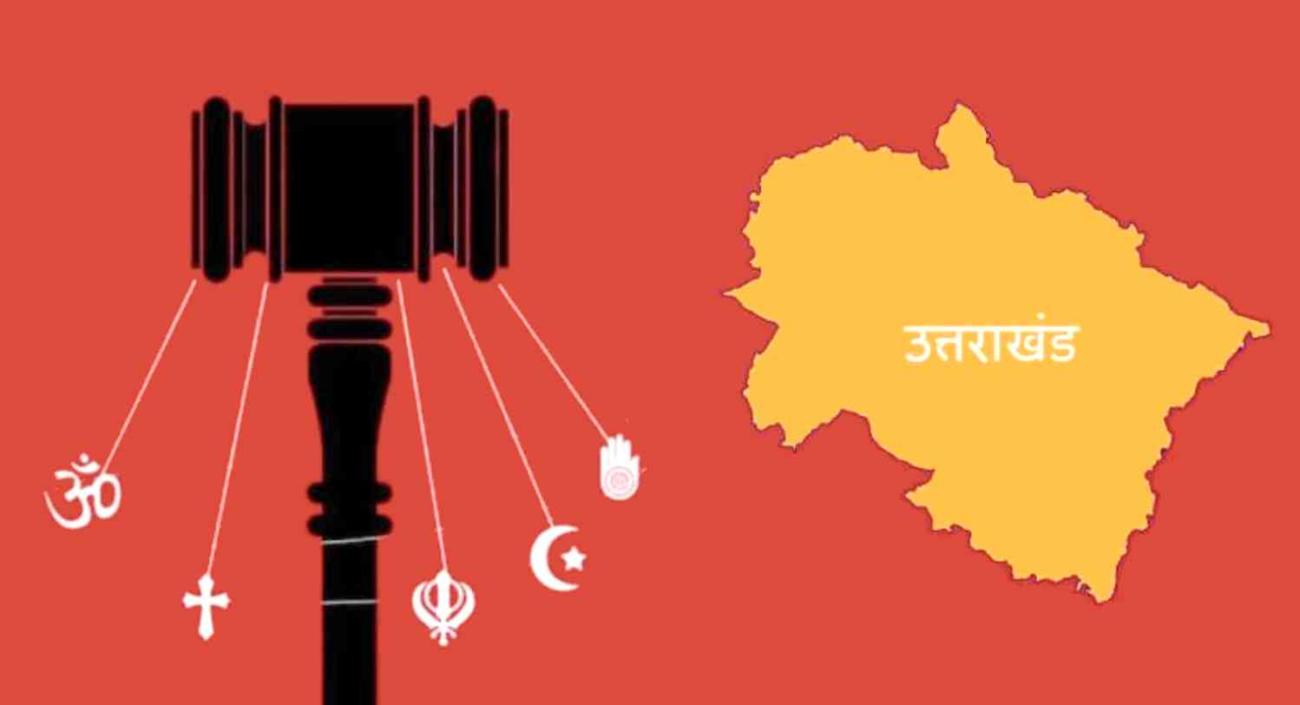Predictably, the UPA Government has taken the cue and fallen back on familiar accusations of Pak-based militants being responsible for the blasts. Further, despite the fact that no one has claimed responsibility for the blasts, official sources have tried to build up an unfounded claim that the Attari blasts are linked to a threat issued by militant groups against Afzals death sentence. Such responses by the Indian establishment and the UPA Government can only allow the blasts to provide fodder for the shrill communal campaign of the BJP and Sangh Parivar.
The official response of the Indian and Pakistani establishment has been to declare that the peace process� will go on undisturbed. The media have tended to echo such sentiments. But beyond empty official platitudes, the people of India and Pakistan need to ask their ruling establishment some tough questions about the very nature of this peace process�.
Both India and Pakistan are allies in the US-sponsored War on Terror, both vying to curry favour of the imperialist Uncle Sam. Isnt this position rendering the people of both countries more vulnerable to global terrorist attacks? Isnt the official backing for Bush War on Terror widely seen by people of India and Pakistan as shameful support for imperialist aggression topped by Islamophobia? Isnt the War on Terror framework and the tightening US grip on the ruling class of both countries, effectively hampering our countries from confronting and addressing the domestic contexts and causes of terrorism?
In India, massive peoples movements in Kashmir and the North East have demanded scrapping of the Armed Forces (Special Powers) Act and the withdrawal of the Army that is terrorising civilian populations. Beyond doubt systematic State terror and virtual military rule in these areas is fuelling rather than quelling insurgency and terrorism. The fact that the additional resonance of Guantanamo and Abu Gharib can be heard at Ganderbal heightens the sense of alienation and resentment. Democratic dialogue with the people of Kashmir, which is possible only by lifting the grim shadow of Army terror, is the first step in any genuine peace process. But with the additional approval and encouragement from the US for an intensified military and Islamophobic war on terror, the Indian establishment is even less ready than before to countenance such steps. Tackling terror Bush-style, Indias official response to terrorism has taken a familiar pattern witch-hunting on the one hand, accompanied by triumph when the US raps Pakistan on its knuckles for terror attacks and pats India on the head for being a fellow-warrior against Islamic terrorism.
Rather than basking in self-congratulation at such US tactics, the UPA Government ought to desist from joining Bush in bashing Musharraf, and take the Attari blasts as an opportunity to firmly delink from the US-sponsored War on Terror that can only intensify the insecurity of the subcontinent and its people.





